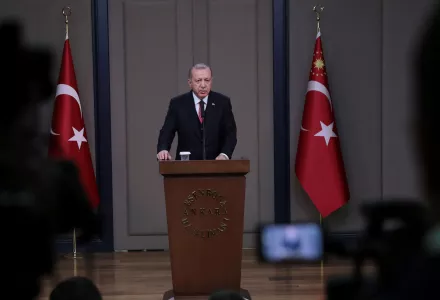
Abstract
Can intelligence serve as a coercive instrument in international relations? While coercion literature mostly addresses military and economic means, this article argues that coercion can also include the deliberate public disclosure of intelligence. Intelligence can be employed to threaten adversaries, reduce their latitude, and force them to adjust their plans and operations. Additionally, intelligence disclosure can be used to mobilize domestic and international audiences and make others align with a certain narrative and alter their policies accordingly. Still, coercive disclosure can fail or succeed only partially against a determined opponent or a target that is resilient to public and international pressure. To demonstrate the workings of coercive disclosure, we analyze Israel's campaign, beginning in 2017, against the Lebanese Hezbollah's missile manufacturing program and Turkey's coercive campaign vis-à-vis Saudi Arabia and the United States following Jamal Khashoggi's assassination in 2018.
Riemer, Ofek and Daniel Sobelman. "Coercive Disclosure: The Weaponization of Public Intelligence Revelation in International Relations." Contemporary Security Policy, (2023).
The full text of this publication is available via Contemporary Security Policy.




